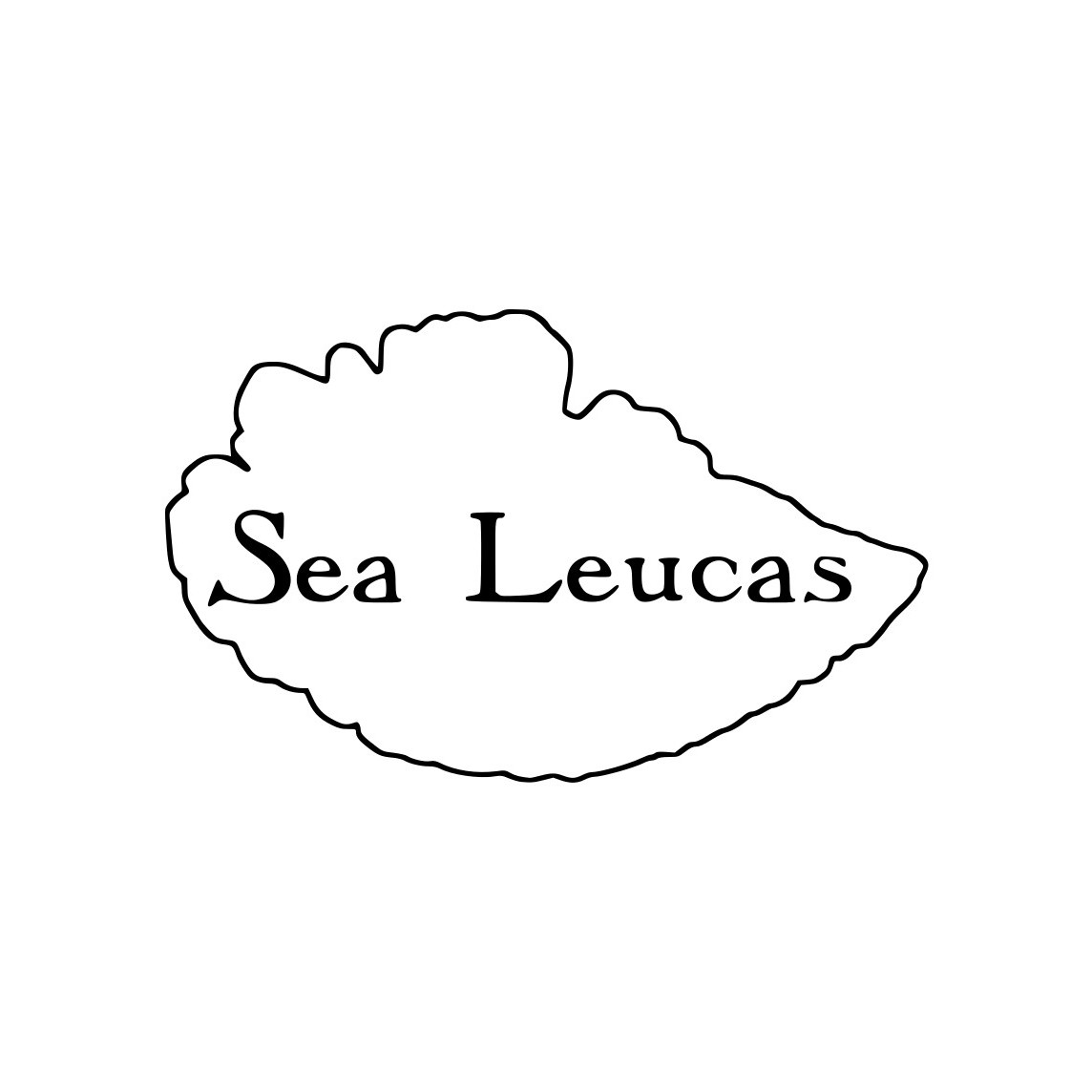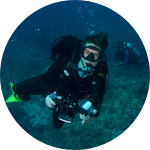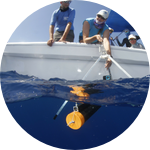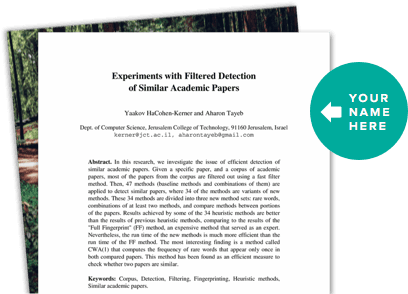About This Project
Environmental sensors are vital in marine science, measuring conductivity, temperature and depth allows us to understand distribution or movement of organisms and track the effects of climate change. We are limited by cost, reliability and scarcity of environmental sensors in countries we work in. We can build and maintain our own devices at a tenth of the cost of commercial units. We will use these to gather data needed to support marine megafauna conservation.
Ask the Scientists
Join The DiscussionWhat is the context of this research?
Conductivity, temperature, and depth (CTD) are 3 of the most important measurable physical properties of the oceans as they strongly influence abundance, distribution and movement patterns of sharks, rays, fish and sea turtles. Commercial CTD sensors are expensive and difficult to access and maintain in lower income nations. It is important to understand how these environmental variables are affected by climate change as they may the affect habitat suitability of a range of marine species that are important for food and economic security of local communities. Devices based on OpenCTD gather this data at a cost of less than 20% of a commercial CTD recorder.
What is the significance of this project?
Advances and increased access to technology, principally the emergence of the open source community, have made affordable sensors and single board computers available. OpenCTD, a project developed and supported by Oceanography for Everyone, provides an open access blueprint to construct relatively simple and affordable devices which cost less than 20% of a commercial CTD recorder, are user-built, field-repairable and easy to deploy. These data will, when combined with our other methodology, give us more complete data that can be then used to inform fishers shared with dependent communities, decision makers and the scientific community in the low and middle income countries where we are based. Data and CTD plans will be shared with our regional partners.
What are the goals of the project?
Our goal is to construct six CTD units, we will be deploying as part of our regular marine megafauna monitoring work in Belize, Honduras, Panama, Cabo Verde, and Mexico. An additional CTD will be made to survive to 350 m in support of our deepwater megafauna research. We previously used an Ocean Solutions Challenge Grant to develop and deploy deepwater hydrophones and cameras in Honduras and Belize. We look forward to sharing the building and deploying of the CTDs with you and filling the data gap for scientists, communities, and decision makers to better advise on the conservation of sharks, rays, sea turtles, and large finfish.
Budget
Environmental data collection has always been difficult for us to due the unreliable equipment, cost of entry, non reparability or lack of access in the lower income countries our teams are based in. This projects budget is a critical component which will enable us to add environmental data collection to our shark, ray, large fish and turtle monitoring projects which are supported by a range of funders. These devices would be deployed at our standardized survey locations during annual or monthly monitoring across 4 countries, Belize, Mexico, Honduras and Panama.
Endorsed by
 Project Timeline
Project Timeline
If successful we will purchase components and begin construction in the first month after receiving the funds. We anticipate 4 weeks to purchase components, build and test CTDs locally before deployment to our field sites. Field work continues throughout the year, with planned activities in 2024-2025 in Mexico, Belize, Honduras, and Panama. We plan to share updates via our social media and by lab notes on experiment.com.
May 09, 2024
Project Launched
Jun 17, 2024
Receive funding and begin to order supplies and components needed
Jul 01, 2024
Components received and construction begins!
Jul 15, 2024
Final construction is completed social media update
Jul 19, 2024
Field testing and calibration of all units is complete
Meet the Team
Samuel Owen
A natural tinkerer Sam has been disassembling and fixing things since he was a small child. Sam initially joined MarAlliance for a 6 month media/research internship in 2015 where he helped with research, outreach and fieldwork. He has since helped to develop new versions of baited remote underwater video including a version that we have deployed to 1100 ft. One of his latest projects is an inexpensive Conductivity Depth Recorder and Temperature Depth Recorder that will greatly expand the environmental data collection capabilities of the teams in Panama, Belize, Honduras and throughout the region.
Ivy Baremore
I am a fishery biologist working in Central America. As Techinical Coordinator of the NGO MarAlliance, I help coordinate and implement research and data analyses across our multiple country programs and lead the deepwater fisheries research in the MesoAmerican Region. I am also a part-time PhD student at the University of Exeter. I enjoy working with people from diverse backgrounds and learning new ways of looking at complex problems.
Lab Notes
Nothing posted yet.
Project Backers
- 0Backers
- 0%Funded
- $0Total Donations
- $0Average Donation



